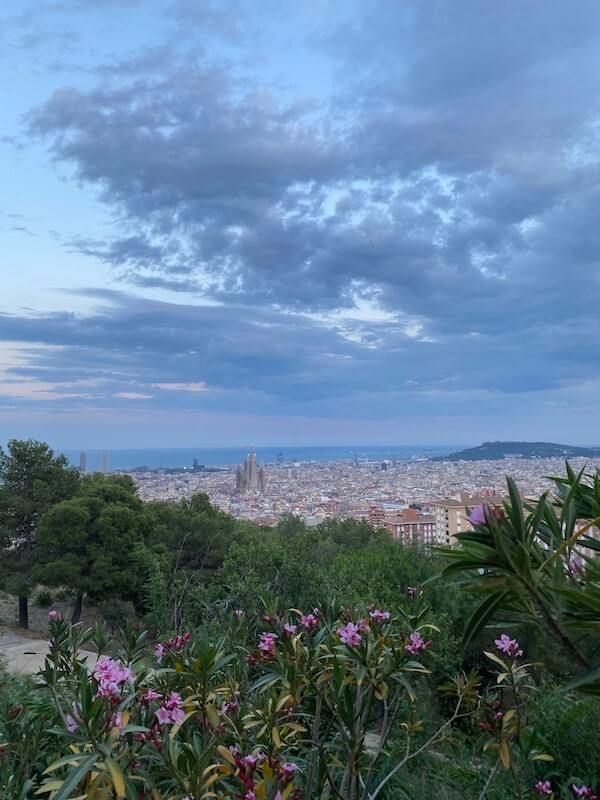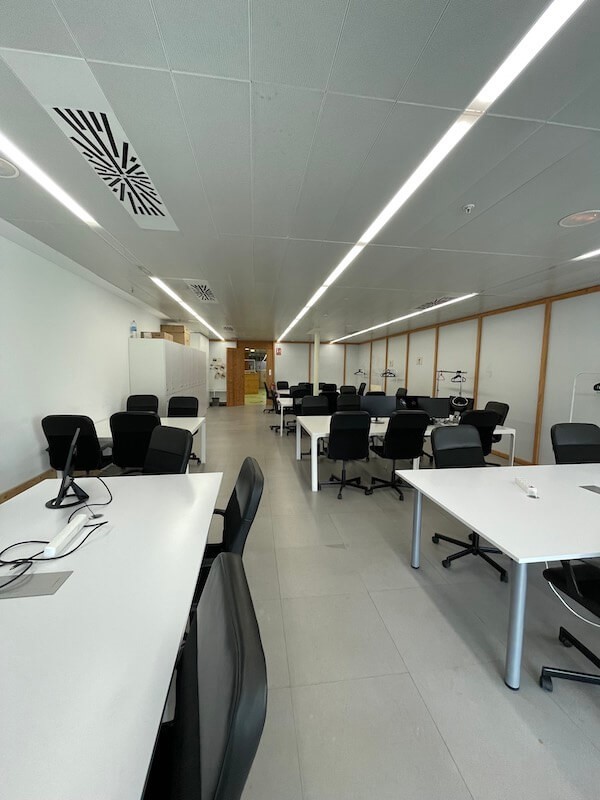Exploring Spain's Business Culture During a Summer Internship in Barcelona
I’m currently at my halfway point in my eight-week global internship program in Barcelona with CEA CAPA! For the past four weeks, I’ve been working with a creative marketing and advertising company on their strategic team. I've been researching different markets to see what other companies are doing in terms of their campaigns and initiatives. From this, we learn what makes them successful and how we use that to create a better strategy for our client. While I love the team that I get to work with and the job itself, I’ve noticed a few differences in culture that I wasn’t expecting.
Before I started my internship, I took a half-semester course at Ohio State that went over what to expect from our internships abroad from a global business perspective. We learned about different greetings around the world and how business practices differ around the world, from Japan, to Australia, to France, to the U.S. Even though every internship experience is different, after being at my internship in Barcelona for three weeks, I wanted to share some of the Spanish vs. American business differences that I’ve noticed.

The Pace of Business
Before arriving here, one of the aspects of Spanish culture that I continued to hear about was the siesta. From what I heard, a siesta is a few hours of the afternoon, typically during peak heat, when everyone takes a break from working and goes home to nap. This made it seem like the pace of Spanish life and business in general was very relaxed and slow. However, I’ve noticed the exact opposite. My company works from 9 a.m. to 6 p.m. and some people even choose to eat their lunch at their desks to continue working. Another contrast to the slow pace of life outside of work is that when people are walking to work on the metro or down the street they are speed walking. I find myself wanting to keep up with their speed and end up out of breath by the time I get to my internship. I’ve found myself enjoying the fast pace of business here as it's similar to what I've experienced in the U.S.

Flexibility
Even though the pace of business may be fast, I still find that the overall structure for my internship is much more flexible than what I’m used to. At home, in my experience, there’s more of an emphasis placed on arriving at the office at exactly 9 a.m. and staying until 5 p.m. on the dot. There also tends to be more structure when it comes to working specific days of the week remotely. At my internship, I find that people come in between 9 a.m. and 10 a.m. each day and stay until their work is done, whatever time that may be. I also can decide which days of the week I work remotely as late as the morning of, as long as I clear it with my supervisor. This flexibility gives me more free time to grow closer with the other students on my program and explore Barcelona. Now, this is just my experience with my specific company, so other interns may have a different experience.

Collaboration
In the U.S., cubicles used to be a very common sight in the workplace. In many places, people would go into the office and work independently for a majority of their time. Recently however, I’ve noticed that many companies are switching to more open, co-working spaces rather than cubicles. At my internship, they use this type of open floor plan because it allows for more collaboration. No matter what time of day it is, the office is filled with the chatter of people sharing different ideas for their projects. Every assignment that I’ve received so far hasn’t just been mine or my supervisor’s, but part of a larger collaboration. I’ve really enjoyed getting to meet so many different people and seeing different perspectives through working this way.

Startups
The last thing that I noticed about the business culture here in Barcelona in contrast to what I’m accustomed to in the U.S. is the size of the businesses that we are working for. My company has around 30 people in the Barcelona office which is considered large to some of my friends in the program whose companies only have 10 employees. Now of course, I am keeping in mind that these are just the size of the companies that we have been placed in through this CEA CAPA global internship program and may not be representative of Barcelona as whole; this is just my experience. However, Barcelona is known for startups, so it's really fascinating to see how small companies started and continue to grow over time.
Abby Spangenberg is an official blogger for Summer '23, sharing her story in frequent posts on our blog. A Chemical Engineering major at Ohio State University, she is studying and interning abroad in Barcelona this semester. All views expressed are her own and may or may not reflect the experiences of other students.









